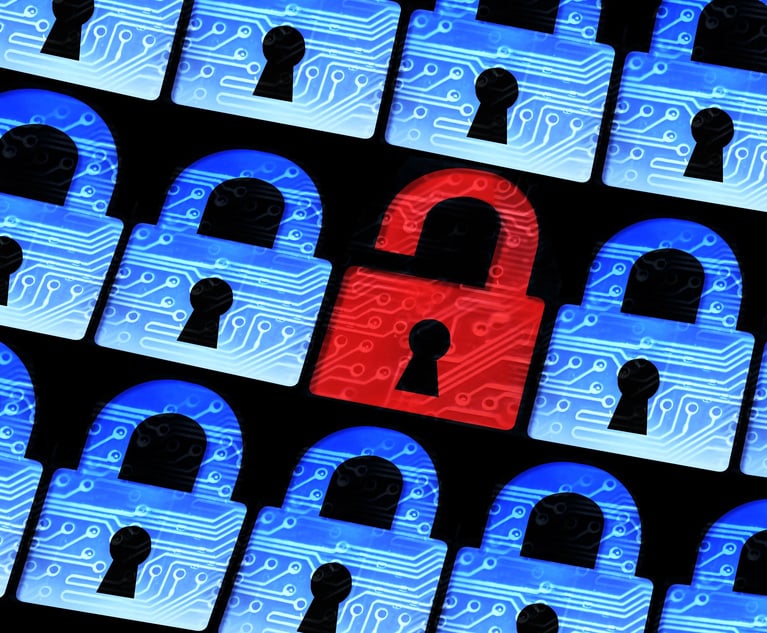In Dittman v. University of Pittsburgh Medical Center, ___ A.3d ___, 2018 WL 6072199 (Pa. Nov. 21, 2018), in the context of cyberhacking litigation, the Pennsylvania Supreme Court changed, and considerably restricted, the scope of the so-called “economic loss doctrine (ELD). Previously, the ELD meant “no cause of action exists for negligence that results solely in economic damages unaccompanied by physical injury or property damage.” See Excavation Technologies v. Columbia Gas, 985 A.2d 840, 841 n.3 (Pa. 2009). The ELD had been invoked as a defense against down-stream economic loss claims arising from disruption to the operation of employers or public utilities, as in General Public Utilities v. Glass Kitchens of Lancaster, 542 A.2d 567, 570 (Pa. Super. 1998) (Three Mile Island); Moore v. Pavex, 514 A.2d 137 (Pa. Super. 1986) (water main break); Aikens v. Baltimore & Ohio Railroad, 501 A.2d 277, 279 (Pa. Super. 1985) (factory closure).
Other commentators have analyzed Dittman concerning cyberhacking. Cyberhacking poses a quandary for states, like Pennsylvania, that had followed a strong ELD, since the damages caused by such hacking, where any damages exist, are almost always purely economic. Dittman resolved that problem by restricting the ELD to situations of tort claims pleaded between entities in contractual relationships: “The economic loss doctrine … turns on the determination of the source of the duty plaintiff claims the defendant owed. Specifically, if the duty arises under a contract between the parties, a tort action will not lie from a breach of that duty. However, if the duty arises independently of any contractual duties between the parties, then a breach of that duty may support a tort action.”


 James Beck of Reed Smith.
James Beck of Reed Smith.




